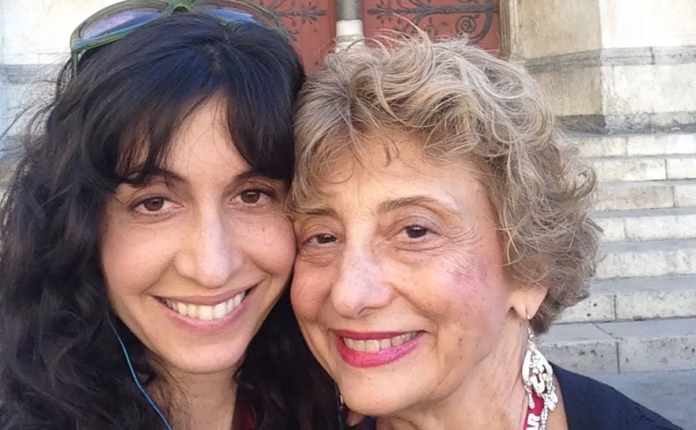
A Professional Insight Into Canine Sensitivity and Protective Instinct
Over the years of living with multiple dogs and caring for countless others across many breeds at my dog boarding, I’ve come to appreciate something very specific — not all dogs respond to human emotion the same way. Some are more emotionally receptive, some more independent. But among the breeds I’ve known, the German Shepherd stands apart in how deeply and instinctively it tunes into human vulnerability.
It’s not just their intelligence or loyalty.
It’s their ability to feel something shift — and then calmly, quietly, do something about it.
I hold a special place in my heart for this breed because of that. I’ve seen it up close — again and again.

Emotional moments can be intensely isolating — especially when they happen unexpectedly. Imagine a young woman sitting on the floor, overcome with emotion, quietly crying. No loud sobbing. No outburst. Just the soft sound of breath breaking under pressure.
Across the room, her German Shepherd lifts his head. He notices before anyone else does.
Not because she called his name.
Not because she asked for help.
But because he knows.
This isn’t a story about training. It’s about the invisible thread between a dog and their person — especially in breeds as emotionally attuned as the German Shepherd.
So, what exactly goes through a German Shepherd’s mind and body in that moment?
1. He Feels the Shift — Instantly
German Shepherds are incredibly emotion-sensitive.
Their ears perk up. Eyes sharpen. Breathing slows.
Before you even hit the floor, he knows something’s off.
- Your scent has changed — stress hormones like cortisol flood your body, and dogs can smell it.
- Your voice is different — cracked, trembling, irregular.
- Your body language collapses — which, to a dog, signals distress or weakness.
Dogs can detect emotional changes in humans faster than we can explain them.
To your German Shepherd, something important has changed in his world — and he’s already paying attention.
2. He Moves Into Action — Based on Personality & Bond
Not all dogs react the same way. But a well-bonded German Shepherd — especially one raised in a stable, connected environment — typically responds in one or more of the following ways:
a) Approach Slowly and Touch You
They’ll come close. Gently place a paw on you. Rest their head in your lap.
This isn’t a trick or habit. It’s instinctive emotional grounding — their way of saying:
“I’m here. You’re not alone.”
b) Lick Your Face or Hands
Licking is more than affection — it’s a natural soothing behavior.
Dogs use it to comfort other dogs, pups, and sometimes… humans.
They might even be trying to redirect your attention, gently pulling you out of your emotional spiral.
c) Stand Guard
Some German Shepherds will stop moving, position themselves between you and the world, and stay alert.
They don’t fully understand your pain — but they sense your vulnerability and go into protection mode.
That silence? It’s loyalty.
That posture? It’s presence.
d) Whine or Bark Gently
You may hear a soft bark or whine — not out of confusion or demand, but out of concern.
It’s their way of checking in, asking:
“Something’s wrong with my human.
Do I need to help? Do I need to fix this?”
3. What Does He Feel?
Dogs don’t feel sadness the way humans do.
But a bonded German Shepherd feels your sadness — almost as if it echoes through his nervous system.
He may not understand the words.
He doesn’t need the context.
What he does understand is:
- Your energy has changed
- Your rhythm is off
- And the center of his world — you — isn’t okay
When the bond is strong, your pain becomes his disorientation.
He might not fix it — but he won’t leave your side.

Final Truth
A German Shepherd doesn’t need to understand your story.
He just needs to feel your heartbeat slow against his fur.
And if he can help you rise — even a little — he will.
Because that’s what his kind was built for:
Protection. Presence. Loyalty.
Even when the enemy is invisible — like sadness.


